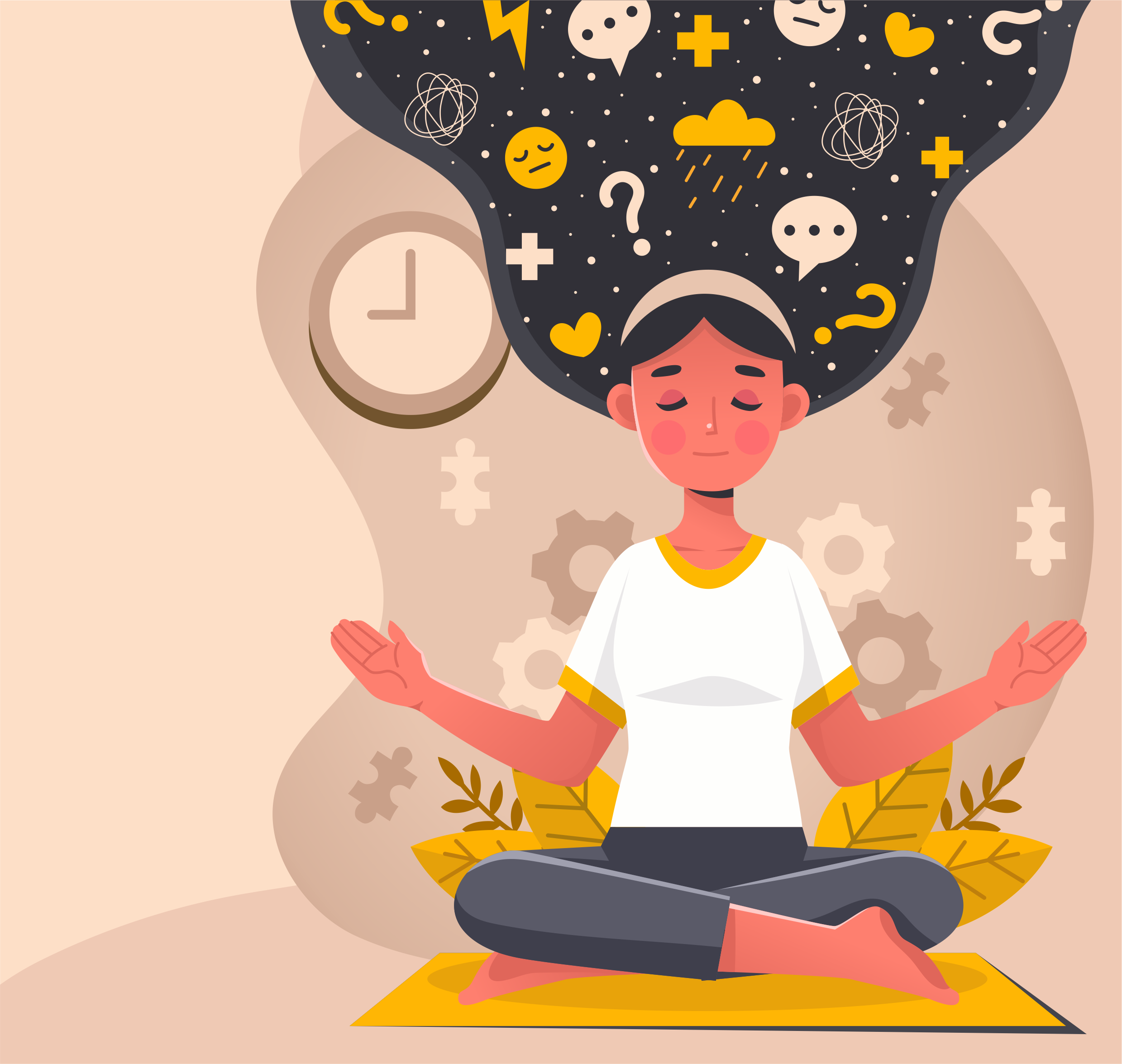Understanding what you’re feeling-
If you’re reading this, chances are you’re going through something that feels confusing, overwhelming, or just not quite right. Maybe you expected to feel pure joy after your baby arrived, but instead you find yourself crying unexpectedly or feeling anxious about things that never worried you before. Maybe you’re wondering if all new moms feel what you’re feeling, or if there’s something wrong with you.
Let me start by telling you something important: you are not alone, and you are not broken. What you’re feeling right now is experienced by millions of mothers, and there’s nothing shameful about it. Your feelings are valid, and there are reasons why you might be struggling that have nothing to do with what kind of mom you’ll be or how much you love your baby.
When the Baby Blues Come Calling
In the first days and weeks after your baby arrives, your body has been through an incredible transformation. Your hormones are fluctuating wildly as they work to find their new normal. You’re likely exhausted in ways you never knew were possible, and suddenly you’re responsible for this tiny, albeit super cute, very needy human being. It’s no wonder that up to 80% of new mothers experience what we call the “baby blues.”
If you’re going through the baby blues, you might find yourself crying at the smallest things – maybe a commercial on TV or the way the light falls across your baby’s face. You might feel overwhelmed by simple decisions. One moment you might feel capable and strong, and the next you might feel like you have no idea what you’re doing.
When your baby is finally asleep, you might find yourself lying awake and worrying. Am I doing this right? Is my baby getting enough milk? Why does everyone else seem to have this motherhood stuff figured out when I feel like I’m drowning? Your anxious thoughts are so common, and they don’t mean you’re not cut out for motherhood.
The baby blues typically show up within the first few days after delivery, and while they can feel intense, they usually start to ease up within a couple of weeks as your hormones begin to stabilize and you start to find your rhythm. During this time, be gentle with yourself. Rest when you can, even if it’s just for a few minutes. Accept help when it’s offered, and don’t try to be the perfect mom. The perfect myth is about as real as Bigfoot, trust me!
When It’s More Than the Blues
Sometimes, though, what starts as baby blues doesn’t go away. Or sometimes, months later, difficult feelings show up. If you’re experiencing something deeper and more persistent, you might be dealing with postpartum depression. And I want you to know that this isn’t your fault either.
Postpartum depression affects about one in five new mothers, but it often goes unrecognized because many women – maybe like you – think they should be able to handle everything on their own, or they’re afraid of being judged if they admit they’re struggling.
With postpartum depression, the sadness feels heavier and more constant. You might wake up each morning with a sense of dread about the day ahead. The joy you expected to feel about your baby might be absent, replaced instead by worry, guilt, or even a frightening sense of detachment. You might love your baby deeply yet feel unable to fully connect with the experience of being a mother.
You might find it hard to make even simple decisions, or you feel exhausted no matter how much sleep you get. Maybe you’re having thoughts that scare you – not necessarily about hurting your baby, but maybe wishing you could just disappear, or feeling like your baby would be better off with someone else. These thoughts can be terrifying and we can often judge ourselves for them. Please be compassionate with yourself and know that they are symptoms of a medical condition that can be treated.
Social media is littered with images of motherhood that are blissful. If we’re not glowing with happiness and fulfillment, we can feel guilty. But the reality is that becoming a mother is one of the most profound transitions a person can go through, and it’s completely normal for it to be challenging, even when you wanted your baby very much.
The Difference Matters
Understanding whether you’re experiencing baby blues or postpartum depression isn’t about labeling yourself – it’s about getting the best kind of support. Baby blues, while difficult, tend to resolve on their own with time, rest, and support from your loved ones. You might find relief from talking to other mothers, taking short walks when possible, or simply giving yourself permission to not be perfect.
Postpartum depression, typically requires more structured support. This might include talking to a therapist who understands perinatal mental health, considering medication if appropriate, or joining a support group with other mothers who understand what you’re going through. The key difference is that postpartum depression doesn’t get better on its own – but with the right help, it absolutely does get better.
If your difficult feelings have lasted more than two weeks, if they’re getting worse instead of better, or if they’re making it hard for you to take care of yourself or your baby, please reach out for professional support. This isn’t about admitting defeat; it’s about asking for what you need.
You Are Still a Good Mother
I want to pause here and speak directly to the voice in your head that might be telling you that struggling means you’re failing as a mom. The fact that you’re concerned about your feelings, that you’re seeking information and trying to understand what you’re going through, shows how much you care about being the best mother you can be.
Your baby needs you to be well, and taking care of your mental health is one of the most loving things you can do for both of you. Getting help when you need it models self-care and resilience for your child. It shows them that it’s okay to ask for support when life gets difficult.
Moving Forward with Hope
Whether you’re dealing with baby blues or postpartum depression, please remember that what you’re experiencing now is not permanent. Millions of mothers have walked this path before you and have found their way to the other side. With time, support, and the right care, you can feel like yourself again. You can find joy in motherhood, even if it looks different from what you expected.
Start where you are. If you think you might be dealing with postpartum depression, reach out to your healthcare provider, a counselor, or a trusted friend or family member. If you’re in crisis or having thoughts of hurting yourself or your baby, don’t wait – call your doctor immediately or go to the emergency room.
You deserve support. You deserve to feel well. And most importantly, you deserve to know that seeking help is not a sign of weakness – it’s a sign of wisdom and love. Your journey into motherhood may not be unfolding exactly as you imagined, but that doesn’t mean it won’t be beautiful in its own way. Give yourself time, be patient with the process, and trust that brighter days are ahead.




